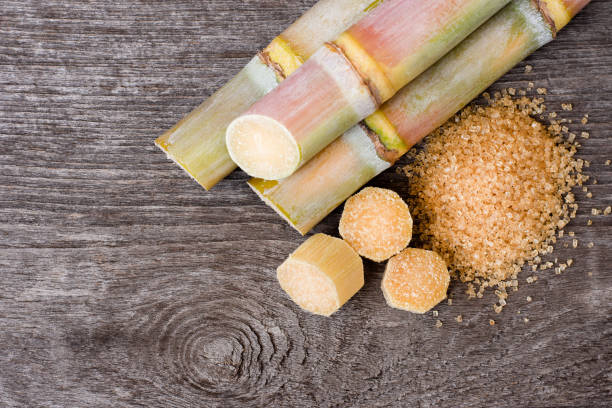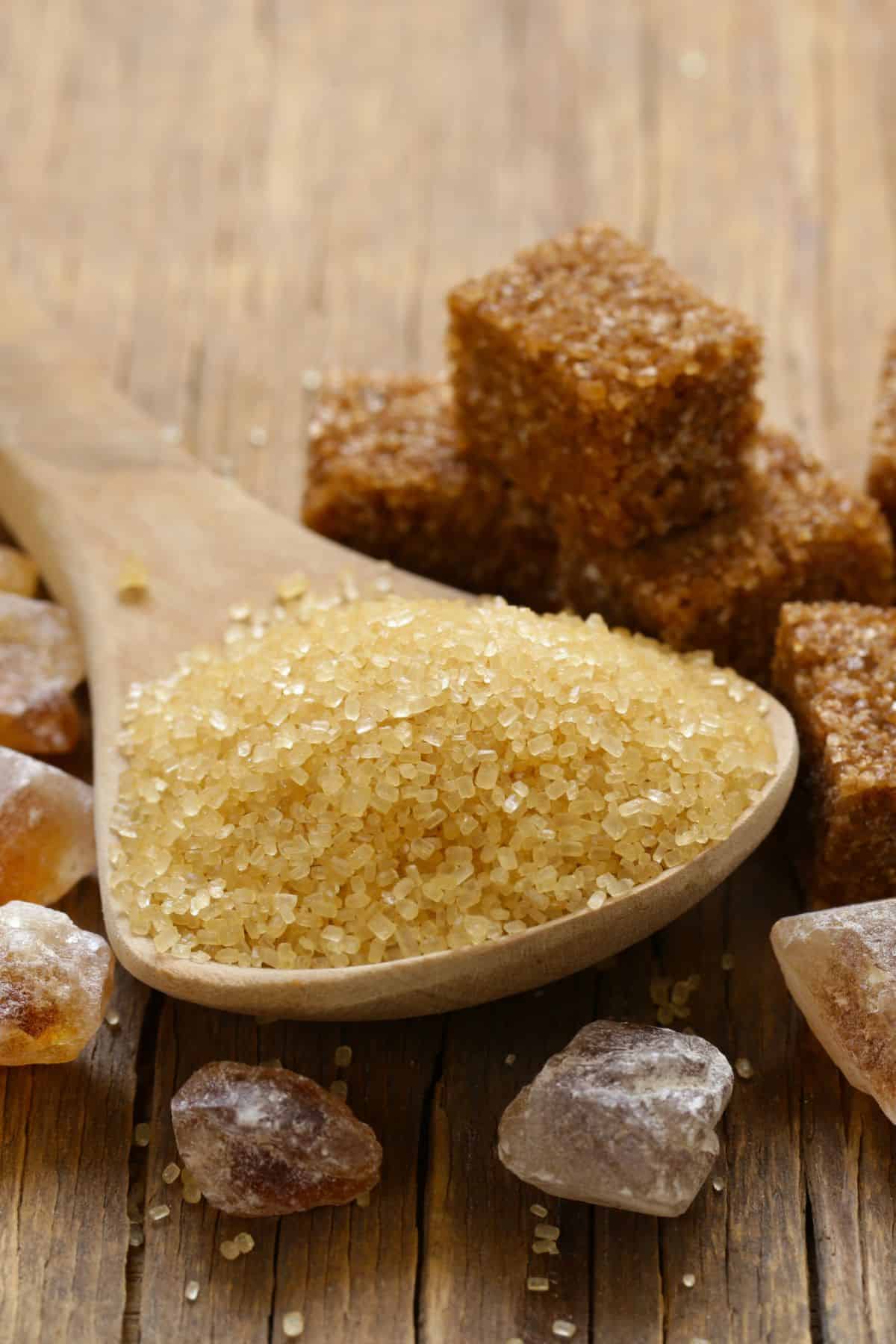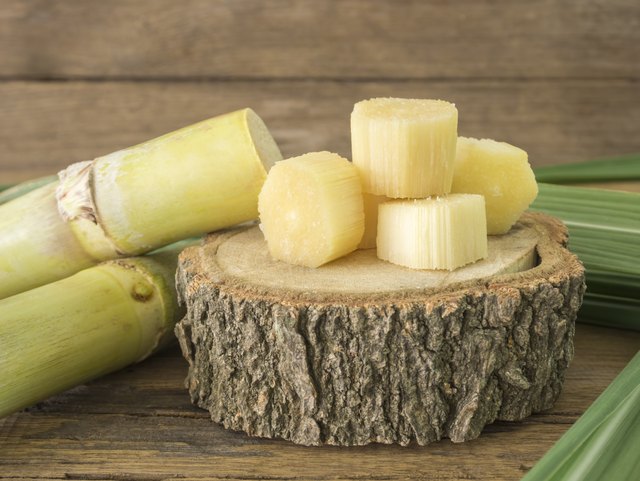Sugar and Cane: Unlocking the Secrets Behind Their Sweet Appeal
Why Cane Sugar Handling Chemicals Are Critical for Modern Sugar Refining
The duty of walking cane sugar handling chemicals in modern-day sugar refining can not be overstated, as they are important to improving both the performance of removal and the general top quality of the last product. Agents such as phosphoric acid and specific flocculants are used to get rid of pollutants, resulting in sugar that not only meets customer assumptions but likewise adheres to industry standards.
Role of Handling Chemicals
The efficacy of cane sugar processing hinges substantially on the calculated application of handling chemicals. These chemicals play an essential function in improving the efficiency and quality of sugar removal and refining. From the first phases of juice extraction to the final filtration actions, processing chemicals facilitate various critical procedures.
In the extraction phase, chemicals such as phosphoric acid and calcium hydroxide are employed to enhance the explanation process, aiding to get rid of contaminations and suspended solids from the cane juice. This not just boosts the yield but additionally makes certain the clearness of the final item. In addition, agents like flocculants help in the fast settling of impurities, therefore simplifying the general procedure.
As the handling developments, chemicals are utilized in decolorization and formation phases. Turned on carbon and ion exchange resins offer to get rid of shade and odor, ensuring that the polished sugar meets customer quality criteria. Ultimately, the duty of processing chemicals expands beyond functional performance; they substantially impact the sensory features of the final item, contributing to market competition. Thus, the careful option and application of these chemicals are important for attaining optimal end results in cane sugar handling.
Trick Sorts Of Chemicals
Walking cane sugar handling relies upon a range of essential chemicals that promote each phase of production. These chemicals play crucial duties in clearing up, bleaching, and detoxifying the sugar extracted from walking stick.
One main category of chemicals includes flocculants, such as polyacrylamide, which help in the information process by advertising the aggregation and settling of contaminations. In addition, calcium hydroxide is typically utilized to reduce the effects of level of acidity and aid in the elimination of non-sugar components.
Whitening representatives, such as activated carbon and sulfur dioxide, are utilized to decolorize the syrup, resulting in a clearer last item. These chemicals aid remove color compounds that may affect the sugar's look and bankability.
Additionally, phosphoric acid functions as a pH regulator throughout the handling phases, making sure ideal problems for the enzymatic tasks included in sugar extraction and purification.
Other essential representatives consist of edta (ethylenediaminetetraacetic acid), which chelates metal ions that can catalyze unwanted responses, and sodium hydroxide, which helps in pH control throughout the refining procedure. Jointly, these chemicals boost performance and make certain a premium cane sugar item.
Advantages for Sugar Top Quality
Typically forgotten, using details handling chemicals considerably boosts the overall high quality of walking stick sugar. These chemicals play an essential duty in refining processes, guaranteeing that the end product satisfies rigid sector requirements for purity and preference.

In addition, refining chemicals assist in accomplishing a constant you can look here granulation and structure, which are vital for consumer acceptance. By regulating the formation procedure, these chemicals make sure that the sugar crystals develop consistently, resulting in a more appealing item that liquifies well in various applications.
Moreover, using these chemicals can boost the rack life of walking stick sugar by reducing moisture absorption and microbial development. In general, the tactical application of handling chemicals is necessary for providing top quality cane sugar that fulfills consumer assumptions and market demands.
Ecological Effect Considerations

Furthermore, the energy-intensive nature of sugar refining, compounded by chemical usage, typically causes raised carbon exhausts. This adds to environment adjustment and elevates concerns regarding the sustainability of current refining practices. Additionally, the sourcing of these chemicals may involve practices that threaten biodiversity, such as monoculture farming, which reduces the resilience of farming ecological communities.

To mitigate these influences, sugar refiners are progressively checking out sustainable alternatives and taking on ideal methods that reduce chemical usage. Applying strenuous environmental management systems can aid make sure that the refining process aligns with ecological requirements and promotes biodiversity. Inevitably, a well balanced method that focuses on both sugar high quality and environmental stewardship is essential for the lasting feasibility of the sugar industry.
Future Fads in Refining
As the sugar market grapples with the ecological challenges connected with standard refining methods, cutting-edge methods are arising to enhance both performance and sustainability. One considerable trend is the fostering of green chemistry concepts, which prioritize the usage of non-toxic, eco-friendly processing chemicals. This shift not just reduces environmental influence but additionally addresses customer need for cleaner production techniques.
Another encouraging development is the execution of sophisticated purification innovations, such as membrane layer splitting up and adsorption procedures. These strategies boost the quality and top quality of the sugar while decreasing the quantity of wastewater produced during refining. Additionally, the integration of digital innovations, consisting of IoT and AI, is transforming operational efficiency by making it possible for real-time monitoring and predictive maintenance, thus decreasing resource waste.
In addition, making use of by-products from sugar refining, such as bagasse and molasses, is obtaining grip. These products can be exchanged biofuels or value-added products, adding to a circular economy within the sector. Jointly, these fads signal Go Here a shift in the direction of even more sustainable techniques that not just boost operational effectiveness however additionally line up with worldwide sustainability objectives, making sure the future stability of sugar refining.
Final Thought
Walking stick sugar handling chemicals are crucial in modern-day sugar refining, dramatically enhancing the effectiveness and high quality of sugar extraction. The calculated use these chemicals not just boosts the pureness and taste of the last product yet also makes sure consistent formation and texture. As the sector increasingly prioritizes sustainability, the adoption of environmentally-friendly handling agents is likely to form future trends in refining, ultimately leading to greater high quality items and extended service life for customers.

Inevitably, a well balanced approach that prioritizes both sugar quality and ecological stewardship is essential for the lasting viability of the sugar market.
Cane sugar processing chemicals are crucial in modern sugar refining, significantly improving the performance and high quality of sugar extraction.